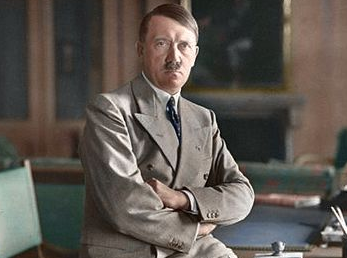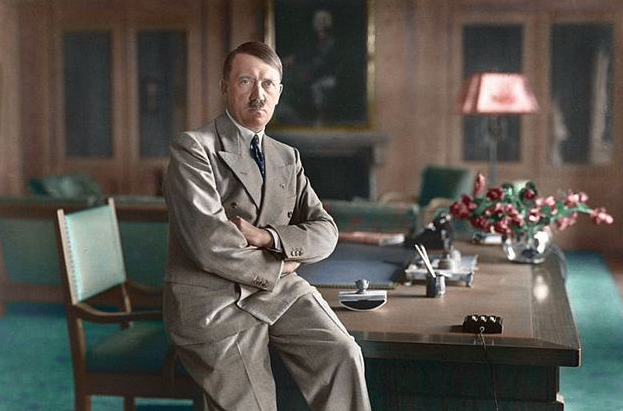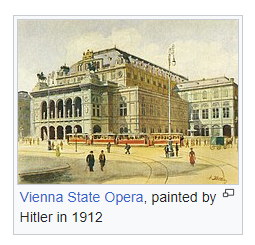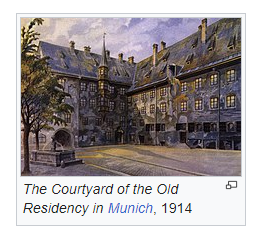The Artist Who Never Was: Would Hitler's Rejection Have Prevented World War II?

The question of what might have been is a common human fascination, and few historical figures spark such fervent speculation as Adolf Hitler.
By Pamela Jackson

The question of what might have been is a common human fascination, and few historical figures spark such fervent speculation as Adolf Hitler. One recurring hypothetical revolves around his failed attempts to enter the Vienna Academy of Fine Arts. Had he been accepted, would the horrors of World War II have been averted?
The argument for this scenario rests on the belief that Hitler's rejection by the art world fuelled his bitterness and resentment, serving as a crucial catalyst for his rise to power. His thwarted artistic aspirations, coupled with his disillusionment with post-war Germany, supposedly pushed him towards extremist ideologies.
It's easy to see the narrative appeal. The image of a frustrated artist turning to violence is a familiar trope. However, this simplistic explanation ignores the complex web of factors that led to Hitler's rise, and overlooks the potential for his personality to have manifested itself in other destructive ways.

Firstly, Hitler's rejection by the Academy was not a singular, defining moment. He was already exhibiting signs of antisemitism, nationalism, and a deep-seated yearning for power before his art school application was turned down. He was a charismatic and persuasive speaker, possessing a strong capacity for manipulation and control. These traits, coupled with the economic and political turmoil plaguing Germany in the 1920s, were far more potent drivers of his rise than his artistic frustrations.
Secondly, even if Hitler had achieved success as an artist, it's highly unlikely he would have abandoned his political ambitions. He was fiercely dedicated to his ideology, viewing himself as a visionary destined to lead Germany. His artistic endeavors could have become a tool for spreading his message, potentially amplifying his influence rather than mitigating it.

Moreover, the world was deeply susceptible to totalitarian ideologies in the 1930s. Global economic depression, social unrest, and the rise of fascism created a fertile ground for extremist movements. Hitler's charismatic leadership tapped into these anxieties and resentments, regardless of his artistic success or failure.

Ultimately, speculating about Hitler's path had he become an artist is a thought experiment, not a reliable prediction. While it's tempting to believe that a different life path might have prevented his atrocities, the reality is far more complex. Hitler's rise to power was a culmination of a confluence of historical circumstances, personal traits, and societal vulnerabilities. To attribute his actions solely to one event is reductionist and disregards the larger context of his life and times.

The question of what might have been is a fascinating one, but it should not overshadow the crucial need to understand the complex interplay of factors that led to the horrors of the Second World War. By acknowledging the multifaceted nature of history, we can learn from the past and work towards a future where such tragedies are never repeated.
